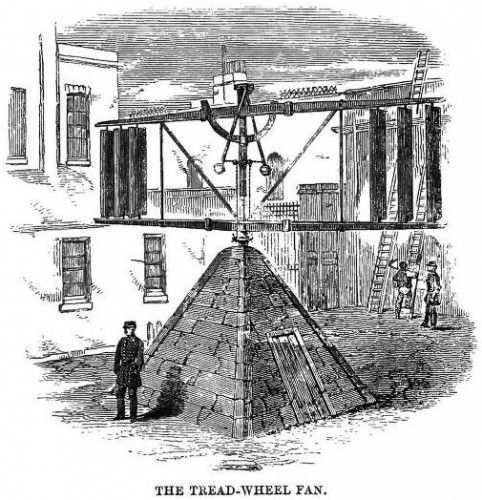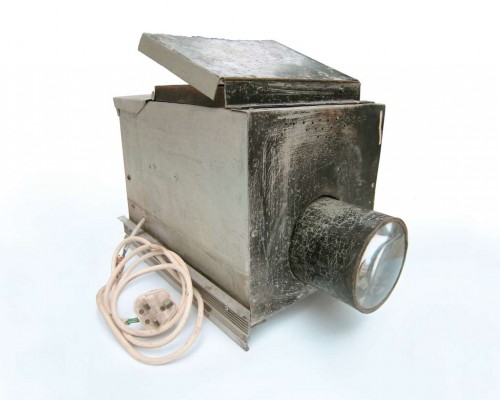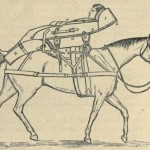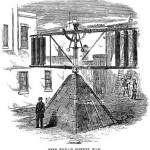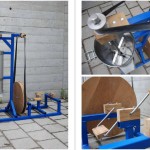The Mango Sport is a new recumbent tricycle by Dutch manufacturer Sinner. The emphasis is on light weight (27.5 kg) and high performance. As is the case with other velomobiles sold by Sinner, the 20 gear drive-chain remains entirely enclosed for low maintenance, all three wheels have suspension, and the luggage capacity is generous (70 litres). It has built in front and rear lights. A weather-proof top is available. All this comes with a price tag of 5,950 euros, including sales tax.
Detailed specifications / More pictures / More Sinner bikes.

